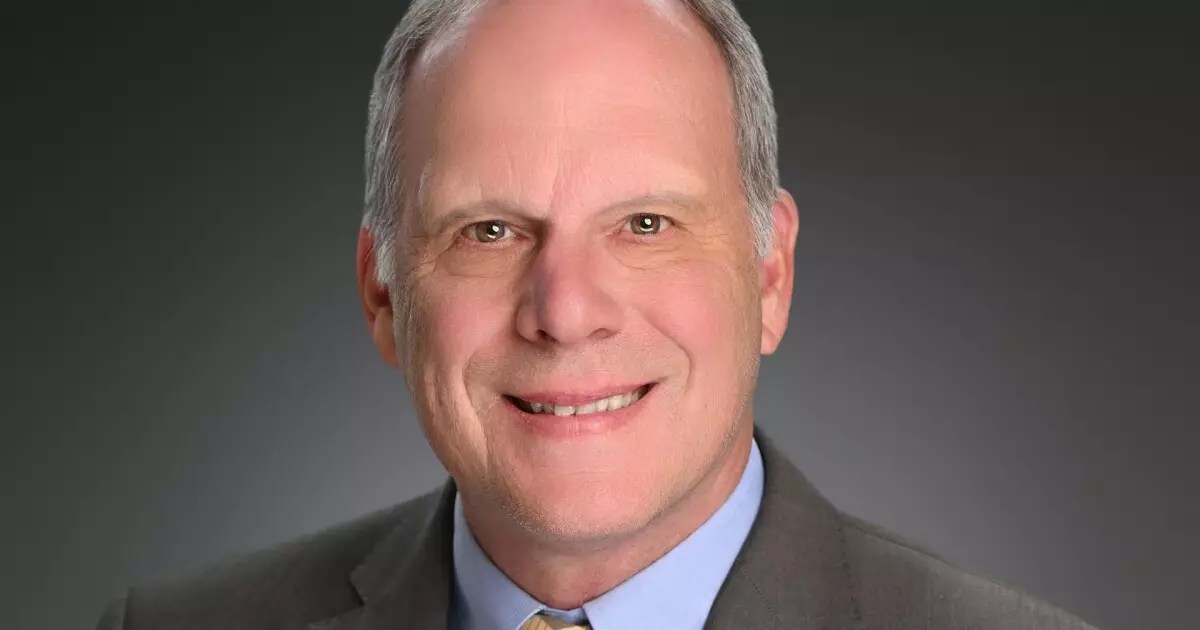In recent weeks, the Louisiana legislature found itself at a crossroads, one that reflects a larger national conversation on fiscal responsibility and economic strategy. A proposed series of tax cuts, championed primarily by Republican lawmaker Julie Emerson, was surprisingly shelved by a Senate committee after the Louisiana Legislative Fiscal Office issued a dire warning. The proposed measures would strip away a staggering $500 million annually from state revenues. Such a shock should compel all legislators to pause and reflect on the consequences of their choices, yet it seems that local politics is often more about grandstanding than genuine governance.
The rationale behind Emerson’s tax-cut propositions was cloaked in the language of economic relief and personal freedom. However, weighing the promise of immediate tax reductions against long-term economic health raises critical questions about the true intent underlying these proposals. By aiming at a revenue-neutral change through constitutional amendments regarding the state’s second rainy day fund, there was an apparent disregard for the fragile economic structure that Louisiana has painstakingly built over the past decade. The idea that eliminating such funds, designed to stabilize corporate tax revenues, could lead to a sound and sustainable fiscal future is, at best, wishful thinking.
Political Drama and Partisan Dynamics
The theatrical interplay in Louisiana’s legislature is certainly nothing new. Despite a Republican stronghold in both houses, it is intriguing to note the bipartisan moments of clarity that can emerge in discussions about economic responsibility. When Senate Revenue and Fiscal Affairs Committee chairman Franklin Foil decided against moving the tax cuts forward, it reflected not a rejection of Republican values but a sobering acknowledgment of realities. The voice of the liberal organization Invest in Louisiana, led by Jan Moller, echoed a sentiment of practicality rather than partisan conflict; there is a collective understanding that fluid economies require must be handled with caution.
Amid the partisan rhetoric, this incident underscores a critical point about the disconnect often found between political aspirations and the economic realities that govern daily life. It’s the people, particularly the vulnerable, who would bear the brunt of hasty decisions being made behind the closed doors of legislative chambers. For every tax cut proposed, there must be a reckoning with the fundamental services that rely on those revenues – education, infrastructure, public safety. Are we willing to gamble with the economic fabric that holds our state together for the sake of short-term tax relief? This is the uncomfortable question that should resonate with every Louisiana citizen.
Lessons from the Revenue Stabilization Fund
Scarcity has historically influenced decision-making in Louisiana, particularly when it comes to managing the state’s fiscal structure. The Revenue Stabilization Fund was established precisely to address the volatility of corporate taxes and ensure that our budget could endure fluctuating economic conditions. The fact that the state has a facility designed to buffer against volatile income should suffice as a lesson in why cutting ties to it – as Emerson proposed – is an unwise strategy. The varied nature of corporate revenues means that reliance on them as a stable fiscal source is precarious at best.
The recent legislative moves serve as a reminder of the dangers of taking an overly simplistic approach to tax reform, one that disregards the complexity of economic interdependencies. If lawmakers, particularly those in Republican leadership, wish to protect the state’s people and its economic future, they must adopt a more holistic view when considering tax adjustments. The urgency of the moment cannot justify reckless policymaking that sacrifices critical infrastructure in the name of ideological purity.
Looking Ahead: A Call for Comprehensive Fiscal Strategy
As legislators continue working towards the fiscal budget for 2025-2026, greater foresight is imperative. Lawmakers must reevaluate not only the potential of tax cuts but also the importance of maintaining revenue streams that support essential public programs. Instead of hastily pushing forth reduction proposals that could cripple the state, the focus should shift to fostering a more robust economic environment through innovation and sustainable investment in human capital.
Louisiana’s fiscal health should not be viewed as a short-term battleground for partisan successes, but as a long-term commitment to the people it serves. As we emerge from this chapter of fiscal uncertainty, let this experience guide us towards a future where sound economics prevails over get-rich-quick schemes. The collective responsibility from all sectors – policymakers, business leaders, and citizens alike – is to ensure that our state is poised for stable growth, equipped to withstand the unpredictable tides of economic change.


Leave a Reply